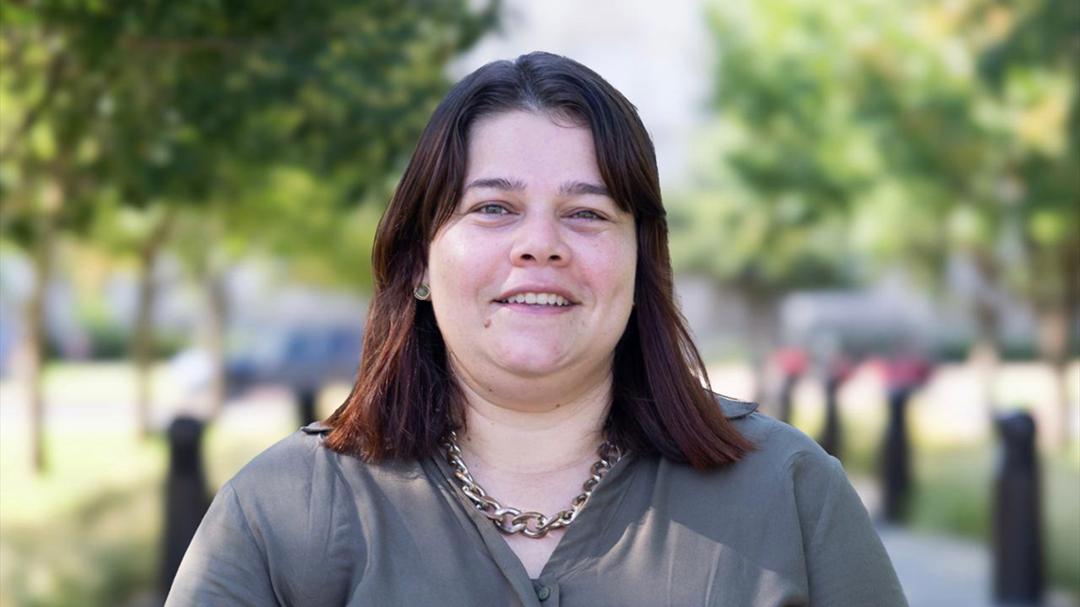After studying political science at Texas Tech, Gaby Navarro will return to her faculty position in Costa Rica to strengthen the public university she works at.
Gaby Navarro sits in her Wednesday afternoon political science class, diligently taking notes on her tablet. She sits in a circle with nine other doctoral students as they engage in a discussion about human rights and international accountability.
Assistant Professor Heather Kopp guides the conversation as the students dichotomize two readings and the theories posited in each.
“I think I struggle with this theory in particular,” Gaby offers to her classmates, crossing one leg over the other. “It sounds good, but there is no enforceability.”
The student to Gaby’s right builds off her point, adding nuanced insight specific to his own experiences. Gaby says this is one of her favorite classes due to the variety of perspectives in the room.
“I always walk away having learned something new,” she says.
Gaby is the first doctoral student to come to Texas Tech University as part of a partnership with the Universidad Nacional of Costa Rica, where she herself is a faculty member. Many Latin American countries thrive at providing affordable undergraduate degree programs, while doctoral programs are much harder to access, according to Texas Tech Vice Provost for International Affairs Elizabeth Trejos-Castillo.
The consequence of this is a lack of Ph.D.-level-educated professors in Costa Rica, observed when Texas Tech established its campus there in 2018.
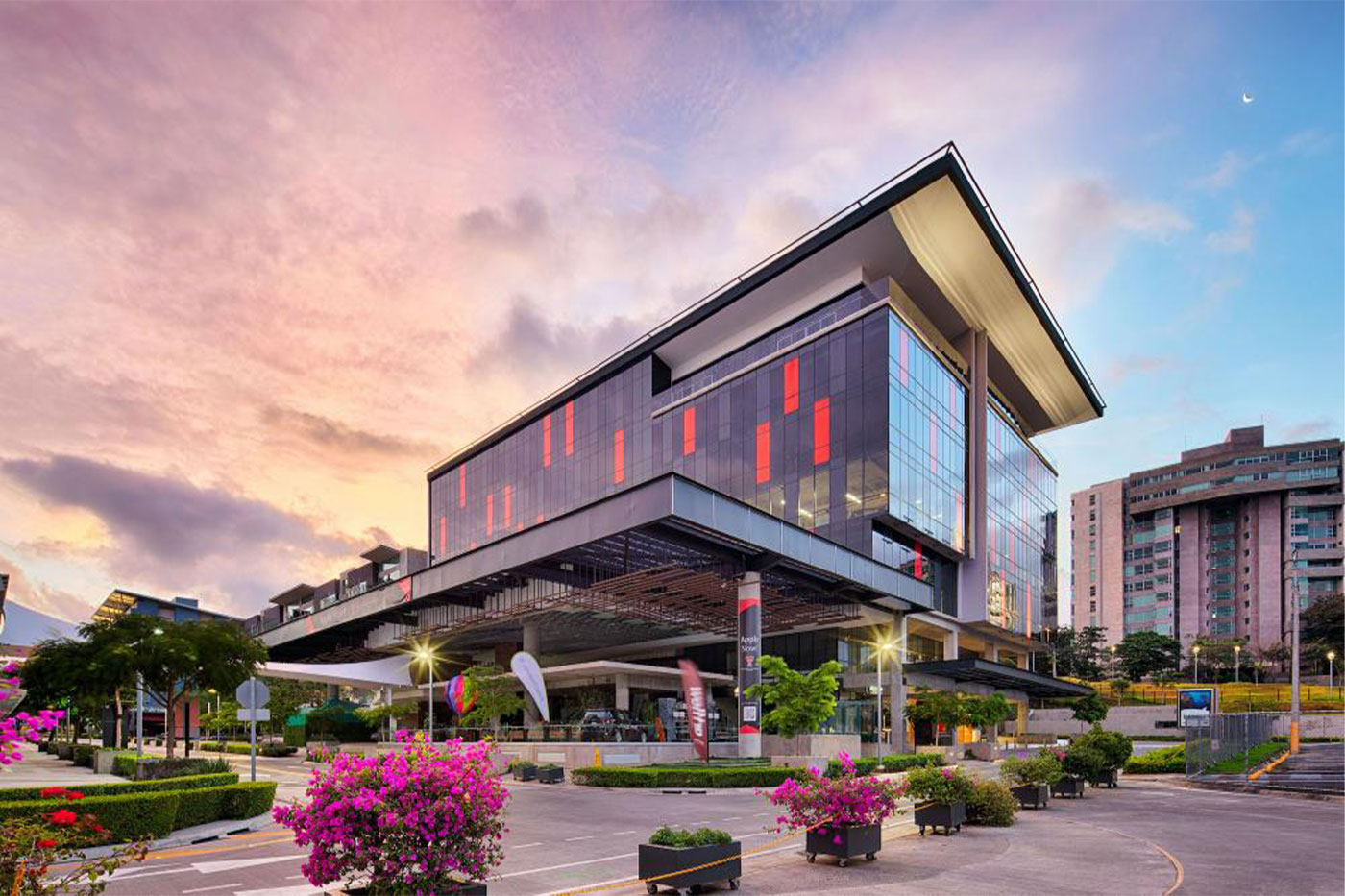
“Costa Rica wants more doctoral graduates to teach its next generation,” says Trejos-Castillo. “During a visit to meet with administrators at public universities in Costa Rica during 2023, we discussed the opportunity to create a pipeline for Costa Rican faculty to come to Texas Tech and pursue doctoral degrees which would be of great benefit for both institutions and countries.”
Gaby is first in that pipeline.
Finding Her Path
If someone had told Gaby when she was a young girl that she’d be studying political science in Texas, she would have laughed. This route was not the one she had charted. Gaby wanted to become a homicide investigator like her father. She was intrigued by forensic medicine and was the tenacious youngest sibling who was always moving, whether that be in soccer, cheerleading or band.
“I was fascinated by my dad’s work,” Gaby says. “Even though I know it’s not a typical interest for a girl.”
When her father explained a career in forensic medicine meant she’d have to go to medical school, she course corrected away from the idea. That, and the older she got, the rose-colored glasses she saw her father’s work through slowly turned transparent.
“My father was on the investigative team that worked the ‘El Psicópata’ case,” Gaby says.
Translated in English, it’s “The Psychopath.”
One of the most prolific serial killers in Costa Rican history, the identity of the killer is still unknown to this day. Gaby’s father actively worked the case when she was quite young; too little to understand much of what was happening.
When she was older, that changed.
“Sometimes we’d be passing through areas where some of the murders occurred and he would share what he could about the investigation,” she recalls.
Faced with the gruesome reality, Gaby decided she’d study psychology. Perhaps she could understand why people could do such awful things, rather than deal with the aftermath of their crimes. But she soon discovered there were not many jobs in Costa Rica for graduates with psychology degrees.
She wanted to have as many career opportunities as she could, and she wasn’t going to do anything to limit herself. So, she earned a bachelor’s degree in Customs Administration and International Trade. She got a job at a consulting company right out of college and found she had a passion for teaching. A colleague was an instructor at the nearby Universidad de Costa Rica and recommended Gaby for a teaching position.
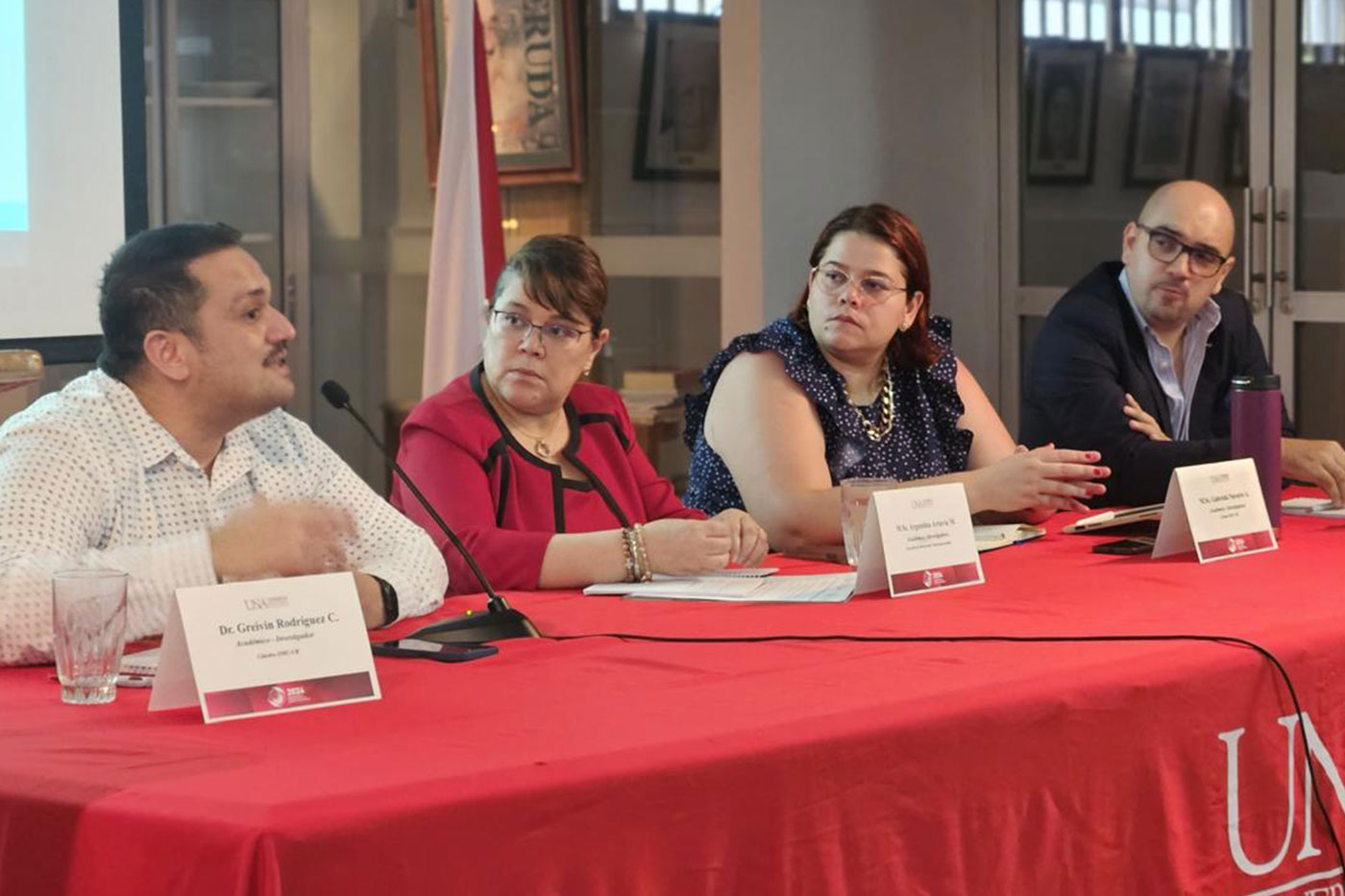
“I felt bad because I consider myself a loyal person and I felt bad about leaving that job,” she explains. “But I spoke with my boss, and he told me I had a lot of potential and if I had a better opportunity, I had to go for it.”
That advice would stick with Gaby for a long time.
A Better Opportunity
Gaby thrived in her teaching position. However, she had only an undergraduate degree. Soon, the university changed its policy, and Gaby would need to obtain a master’s degree to keep teaching. She was more than happy to oblige.
Gaby earned a graduate degree in Educational Management with a concentration in Leadership and became a fulltime faculty member in 2016. She taught international relations.
“I’m introverted so I wasn’t sure about teaching at first,” she says. “But my superiors insisted I had a natural ability.”
Gaby received outstanding evaluations and began seeing herself making this a career. In 2023, she was selected with one other faculty member for a faculty renewal program. This meant the university was as serious about keeping Gaby on long-term as she was about staying.
Gaby was approached by Rosemary Hernandez, the National University of Costa Rica’s director of international affairs. Hernandez had been in conversation with Texas Tech’s International Affairs about a potential collaboration between the Texas-based school and some of the public universities in Costa Rica.
Hernandez knew Gaby would be an ideal ambassador between the two parties.
“Gaby has an impressive ability to connect theory with practice,” Hernandez remarks. “As a teacher, she demonstrates dedication and rigor in the classroom, always creating meaningful and engaging learning environments.”
It turned out that Trejos-Castillo and Graduate School Dean Mark Sheridan were visiting San José that week. They were due to fly out the next day, when Hernandez asked Trejos-Castillo if they’d want to meet a potential student for breakfast the next morning before their flight.
“I went over there, and it was so scary because it was out of the blue,” Gaby recalls. “Rosemay told me, ‘They’re available and want to meet you. Can you make it across town?’”
Gaby says she always has a plan for everything, but she only had a few minutes on her drive to think through and structure what she wanted to discuss. When she sat down with Texas Tech administration, she was put at ease by their friendliness.
“We were interested in bringing Gaby on as the first student in this pipeline of sorts,” Trejos-Castillo says. “There are a lot of students in Costa Rica with master’s degrees but with little access to doctoral degrees. Through talks with their public universities, we realized their faculty could come and get a doctoral degree from Texas Tech and we could then send them back ready to impact their communities.”
Which also benefits Texas Tech as it hosts a campus in San José and needs talented faculty.
‘I Can See Myself Here’
What ensued was a year-long process for Gaby. She did more research into the programs at Texas Tech and even visited in the fall of 2024.
“I remember walking around the city when I was visiting and thinking, ‘I can see myself here. I feel connected to the city.’”
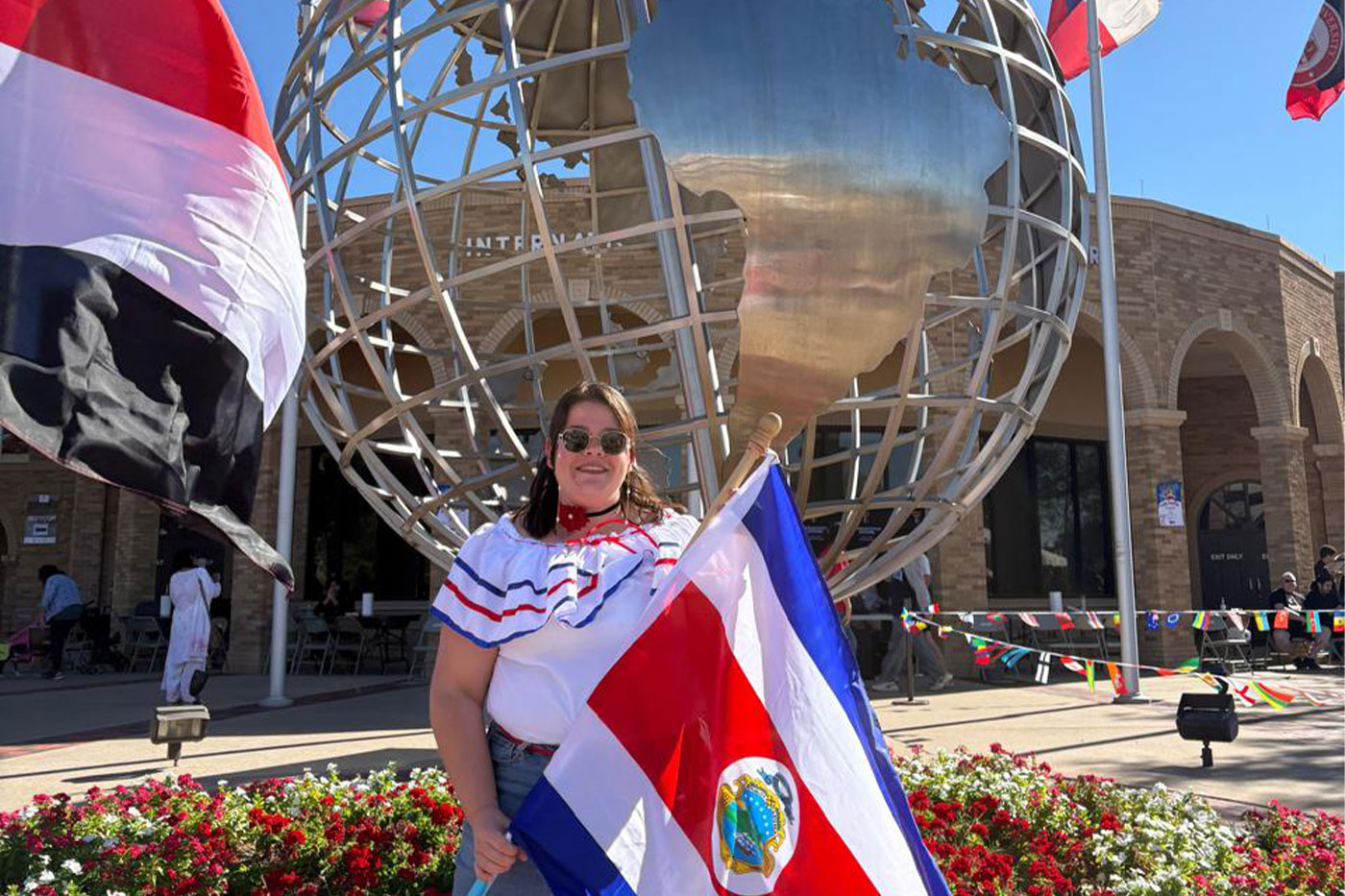
But Gaby wasn’t just going to take the recruiters’ words for it. As a faculty member herself, she knew it was their job to talk up their programs. So, Gaby asked if she could meet students whose shoes she’d be walking in, were she to enroll.
“Administration was kind enough to set up a lunch for me with four other doctoral students,” Gaby recalls. “The students were so nice and seemed to genuinely think this was a wonderful place.”
Upon returning home, Gaby finished her application requirements. At the end of January 2025, she received her acceptance letter.
Even though she was in her 30s, her parents worried about their daughter moving so far away. Gaby explained to them that since she was still single and didn’t have a spouse or kids to keep up with, this was the perfect time to try something new.
“When they realized how badly I wanted to have this experience, they got on board,” she says.
Expanding Her Perspective
Gaby has almost completed her first semester at Texas Tech.
“People here have been so welcoming,” she says. “They’re helpful and always greet you with a smile. It’s a good thing I’ve come here.”
Gaby attends class Monday, Tuesday and Wednesday. Thursday and Friday, she and her classmate walk to the library to study or grade assignments for the classes they teach. Walking across Texas Tech’s sprawling campus is one of Gaby’s favorite things to do, especially now with temperatures cooling off, she notes.
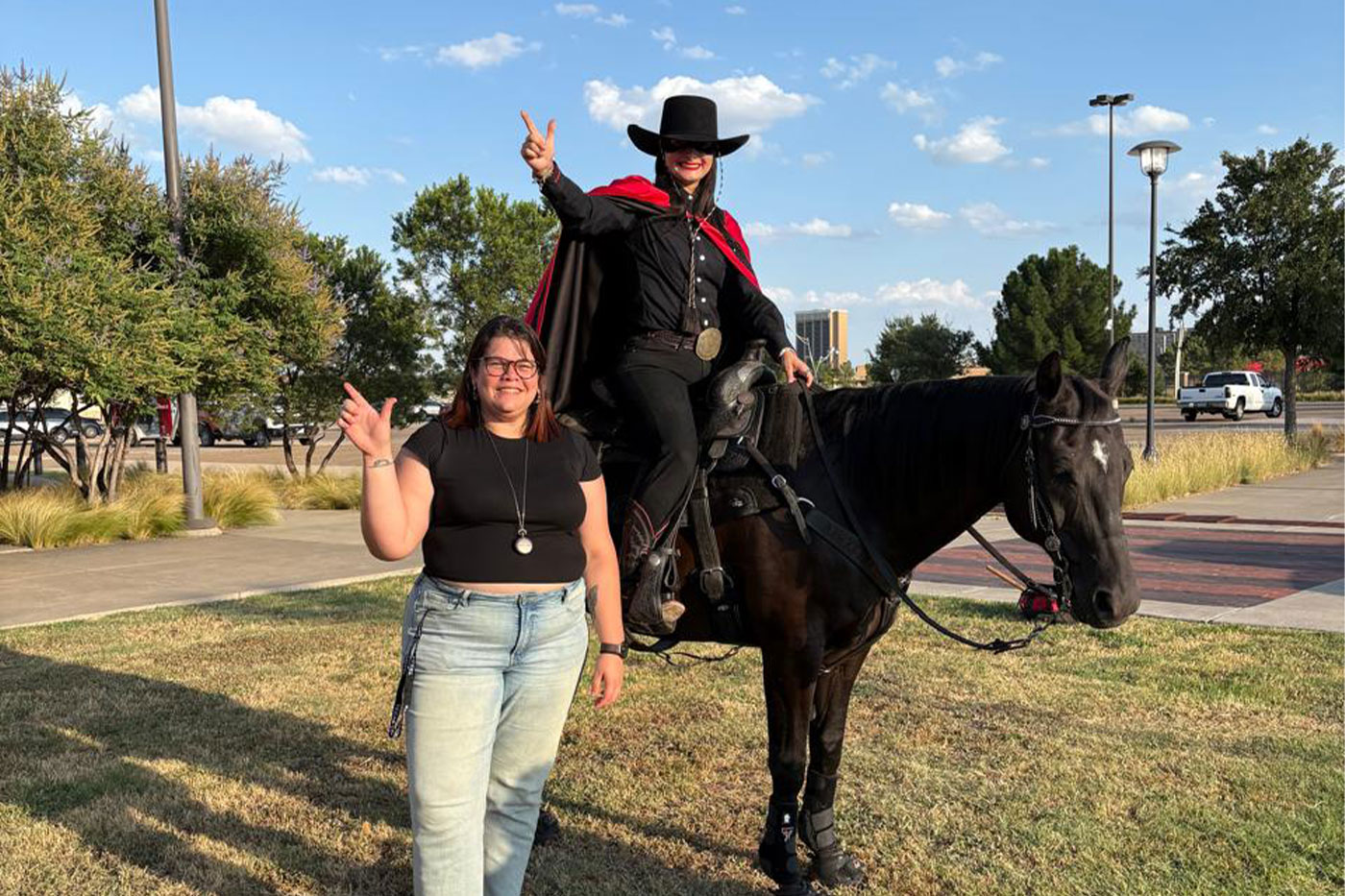
As for choosing political science as a focus of study, Gaby believes it will give her an imperative perspective when she returns to teach her international relations courses in Costa Rica.
“When you have an international trade background, you have a technical background,” she explains. “You know the agreements, you know how to apply them, but you don't know the political side of the agreements and why certain countries agree or disagree on certain decisions. On a technical level, maybe there is not much logic there, but as you begin to see it through a practical and political lens, it makes a lot of sense.”
She says that being at a large university like Texas Tech has already vastly expanded her perspective, and she is excited to take that perspective back to her job at the Universidad Nacional of Costa Rica and offering the same opportunities for growth to her students.
“Gaby’s experience at Texas Tech will undoubtedly have a lasting impact on our university,” Hernandez says. “I am confident she’ll return with not only advanced academic knowledge and research insights but also innovative approaches and an expanded international network.”
Gaby says she’s already experienced the gamut of those benefits in her first semester.
“There’s a whole world full of opportunities, and while Costa Rica is beautiful and I wouldn’t trade it for anything, the experience of seeing the world from a different perspective is invaluable,” Gaby emphasizes. “Whatever you want to do, it’s possible; Texas Tech offers great opportunities like the one I’m currently in. You just have to take the plunge and seize them.”

